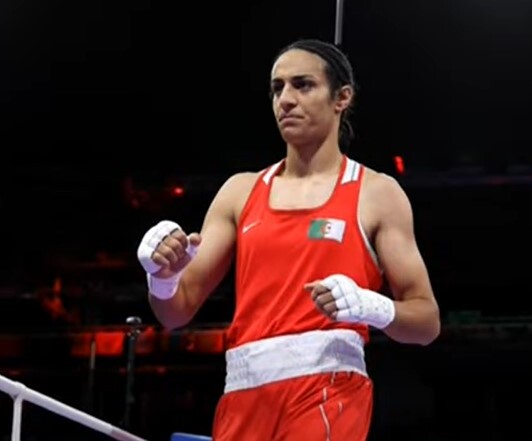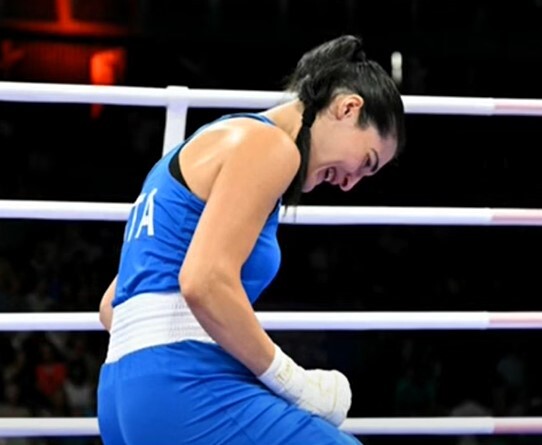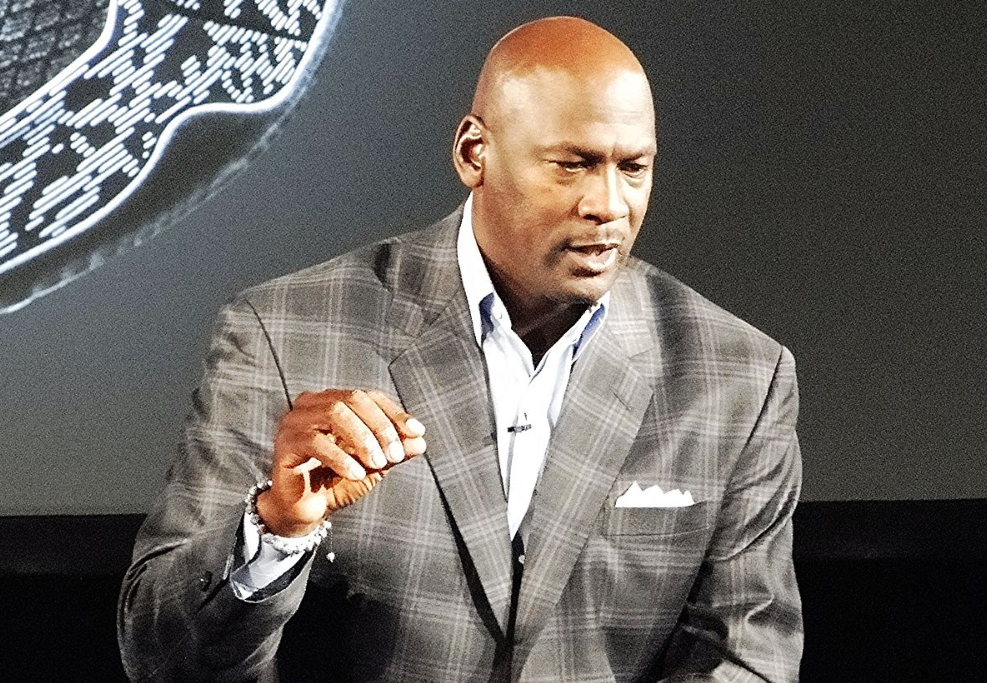Italian boxer Angela Carini walked out of her Olympic bout against Algeria’s Imane Khelif at Paris 2024 after just 46 seconds. Carini, who had taken several punches, signaled to stop the fight and left the ring in tears. She later explained that she had never been hit so hard in her career and felt unable to continue. The incident was particularly controversial because Khelif had previously failed a gender eligibility test due to elevated testosterone levels but was cleared to compete by the International Olympic Committee (IOC).
Khelif’s participation in the Olympics has been defended by the Algerian Olympic Committee and the IOC, which has stated that all athletes competing in the women’s category comply with the competition eligibility rules. Despite this, Carini’s abrupt exit from the fight has reignited debates about gender eligibility in sports. Carini admitted she was emotional and angry because her Olympic dreams had been dashed, but she expressed regret for not shaking Khelif’s hand.

Carini’s walkout has drawn significant attention, with many speculating on the reasons behind her decision. While some have criticized her for not showing sportsmanship, others sympathize with her reaction to the intense situation. Carini has since expressed a desire to apologize to Khelif, stating that she respects the IOC’s decision and wishes to move past the incident. She emphasized that her actions were driven by frustration and the overwhelming emotions of the moment.
In an interview, Carini acknowledged that leaving the fight was a mature decision to protect her health, even though it meant sacrificing her Olympic aspirations. She expressed sadness over the controversy and reiterated her respect for Khelif, hoping for an opportunity to embrace her if they meet again. Carini’s reflections highlight the complex emotions and decisions athletes face in high-stakes competitions, especially when broader issues like gender eligibility come into play.




